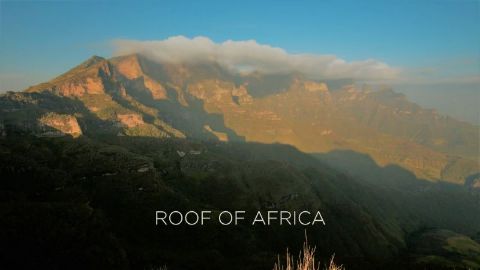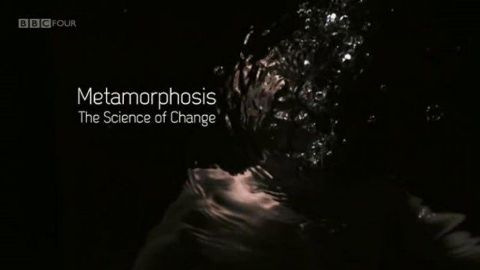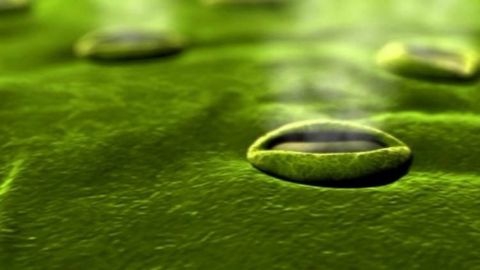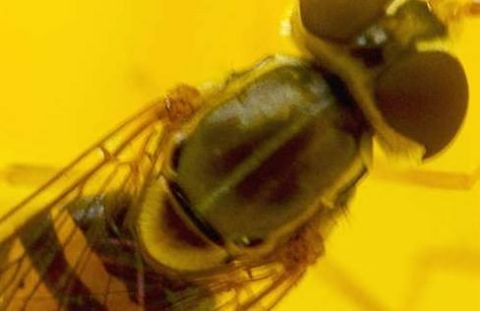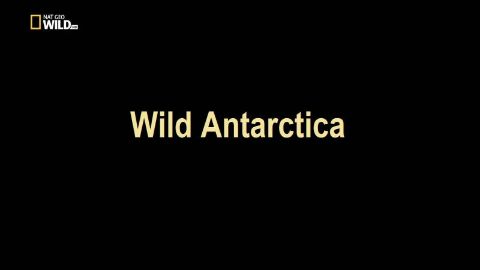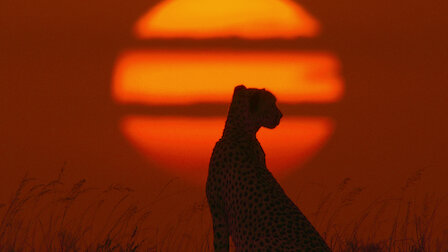You might also like
David Schwimmer explores the Ethiopian Highlands.
S1E4 • Mysterious Planet • 2020 • Nature
Metamorphosis seems like the ultimate evolutionary magic trick - the amazing transformation of one creature into a totally different being: one life, two bodies. From Ovid to Kafka to X-Men, tales of metamorphosis richly permeate human culture. The myth of transformation is so common that it seems almost pre-programmed into our imagination. But is the scientific fact of metamorphosis just as strange as fiction or... even stranger? Filmmaker David Malone explores the science behind metamorphosis. How does it happen and why? And might it even, in some way, happen to us?
2013 • Nature
For 10,000 years or more, humans created new plant varieties for food by trial and error and a touch of serendipity. Then 150 years ago, a new era began. Pioneer botanists unlocked the patterns found in different types of plants and opened the door to a new branch of science - plant genetics. They discovered what controlled the random colours of snapdragon petals and the strange colours found in wild maize. This was vital information. Some botanists even gave their lives to protect their collection of seeds. American wheat farmer Norman Borlaug was awarded the Nobel peace prize after he bred a new strain of wheat that lifted millions of people around the world out of starvation. Today, botanists believe advances in plant genetics hold the key to feeding the world's growing population.
S1E3 • Botany: A Blooming History • 2011 • Nature
Staying alive is the first priority for all creatures--and with clever adaptations like poison and mimicry, some species defy the odds to outwit predators. From the hoverfly to the scarlet kingsnake, join us on a fascinating rundown of some uniquely successful survivors.
S1E5 • Attack and Defend • 2016 • Nature
Antarctica is the most remote and pristine wilderness on the planet. , It is a timeless and harsh land like no other. Night here can last three months and in the peak of summer the sun never sets. To understand how life can exist in this continent of snow and icebergs you must spend a year there. You discover that despite being the least habitable place on Earth, life abounds in Antarctica. Megafauna such as humpback whales and orca, massive seals and stately penguins all take the brutal conditions head on and thrive in this year on ice.
2017 • Nature
A penetrating look at the sun as a vital source of energy and its impact on one cheetah’s search for food in the sprawling plains of the Serengeti.
S1E1 • Our Universe • 2022 • Nature
